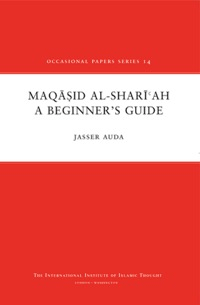
- Jasser Auda
- The International Institute of Islamic Thought
- 2008
- 71
- 11987
- 4260
- 3411
Maqasid al-Shariah : A Beginner’s Guide
Children often come up with deep philosophical questions, and one cannot tell whether they mean these questions or not! However, the beauty of a child’s question is that it is often not bound by pre-set ‘facts’ or ‘this is the way things are’ logic. I often start courses on a with the story of a little girl who asked her father: ‘Dad, why do you stop the car at the traffic light?’ Her father replied, with an educative tone: ‘Because the light is red, and red means stop.’ The girl asked: ‘But why?’ The Dad replied also with a tone of education: ‘So the policeman does not give us a ticket.’ The girl went on: ‘But why would the policeman give us a ticket?’ The Dad answered: ‘Well. Because crossing a red light is dangerous.’ The girl continued: ‘Why?’ Now the Dad thought of saying: ‘This is the way things are,’ but then decided to be a bit philosophical with his little beloved daughter. Thus, he answered: ‘Because we cannot hurt people. Would you like to be hurt yourself?’ The girl said: ‘No!’ The dad said: ‘And people also do not want to be hurt. The Prophet (peace be upon him) said: “Love for people what you love for yourself.”’ But instead of stopping there, the girl asked: ‘Why do you love for people what you love for yourself?’ After a bit of thinking, the father said: ‘Because all people are equal, and if you would like to ask why, I would say that God is The Just, and out of His Justice, He made us all equal, with equal rights, and that is the way He made the world!’
Current applications (or rather, misapplications) of Islamic law are reductionist rather than holistic, literal rather than moral, one-dimensional rather than multidimensional, binary rather than multi-valued, deconstructionist rather than reconstructionist, and causal rather than teleological.
Source: noor-book



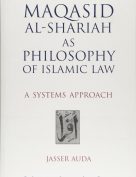

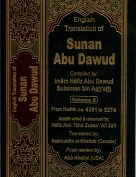

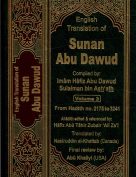
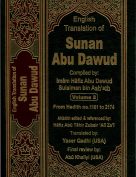
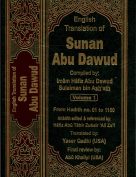
 Afar
Afar Afrikaans
Afrikaans Akan
Akan Albanian
Albanian Amharic
Amharic Arabic
Arabic Armenian
Armenian Assamese
Assamese Avari
Avari Azerbaijani
Azerbaijani Basaa
Basaa Bengali
Bengali Bosnian
Bosnian Brahui
Brahui Bulgarian
Bulgarian Burmese
Burmese Catalan
Catalan Chami
Chami Chechen
Chechen Chichewa
Chichewa Chinese
Chinese Circassian
Circassian Comorian
Comorian Czech
Czech Danish
Danish Deutsch
Deutsch Dutch
Dutch English
English Estonian
Estonian Finnish
Finnish French
French Fulani
Fulani Georgian
Georgian Greek
Greek Gujarati
Gujarati Hausa
Hausa Hebrew
Hebrew Hindi
Hindi Hungarian
Hungarian Icelandic
Icelandic Indonesian
Indonesian Ingush
Ingush Italian
Italian Japanese
Japanese Jawla
Jawla Kannada
Kannada Kashmiri
Kashmiri Katlaniyah
Katlaniyah Kazakh
Kazakh Khmer
Khmer Kinyarwanda
Kinyarwanda Korean
Korean Kurdish
Kurdish Kyrgyz
Kyrgyz Latvian
Latvian Luganda
Luganda Macedonian
Macedonian Malagasy
Malagasy Malay
Malay Maldivian
Maldivian Maranao
Maranao Mongolian
Mongolian N'ko
N'ko Nepali
Nepali Norwegian
Norwegian Oromo
Oromo Pashto
Pashto Persian
Persian Polish
Polish Portuguese
Portuguese Romani - gypsy
Romani - gypsy Romanian
Romanian Russian
Russian Serbian
Serbian Sindhi
Sindhi Sinhalese
Sinhalese Slovak
Slovak Slovenian
Slovenian Somali
Somali Spanish
Spanish Swahili
Swahili Swedish
Swedish Tagalog
Tagalog Tajik
Tajik Tamazight
Tamazight Tashamiya
Tashamiya Tatar
Tatar Thai
Thai Tigrinya
Tigrinya Turkish
Turkish Turkmen
Turkmen Ukrainian
Ukrainian Urdu
Urdu Uyghur
Uyghur Uzbek
Uzbek Vietnamese
Vietnamese Yoruba
Yoruba Zulu
Zulu